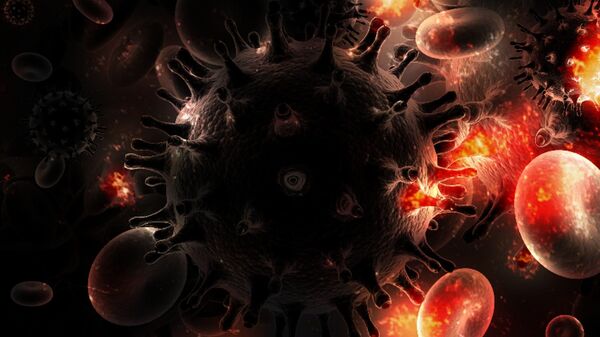The world’s first HIV positive sperm bank has opened in New Zealand, in an effort to reduce the stigma experienced by those living with the virus.
Sperm Positive begins with three male donors from across New Zealand who are living with HIV but have an undetectable viral load, meaning the amount of the virus in their blood is so low it cannot be detected by standard methods. Although their HIV hasn’t been cured, their treatment is working well and the virus can’t be passed on, even through sex without a condom or childbirth.
We're going to need another one of those #DarwinAwards...#NewZealand #NZpol #auspol #politics #NZpolitics #whatcouldpossiblygowrong?https://t.co/EW8a1lus36
— Alexandra Marshall (@ellymelly) November 27, 2019
The initiative, created by the New Zealand Aids Foundation, Positive Women and Body Positive, hopes to educate people in New Zealand about HIV transmission. As well as educating the public, the clinic aims to give those diagnosed with HIV the opportunity to create life and raise awareness fertility services are available for them.
One donor, Damien Rule-Neal, was diagnosed with HIV in 1999 but it was confirmed undetectable after starting treatment some 18 years ago – he believes there’s a lack of education among the public in New Zealand about what undetectable status means, and he’s experienced stigma about living with HIV in both his work and personal life.
“I have many friends also living with HIV who’ve gone on to have children. Being able to help others on their journey is so rewarding, but I also want to show the world life doesn’t stop post-diagnosis and help to remove the stigma,” he said.
https://t.co/3DUDZ11vjP Why would anyone want HIV sperm specifically. Wouldn't take this enterprise on #dragonsden
— Sheldon (@icetsunami) November 27, 2019
Dr Mark Thomas, an infectious diseases doctor and Auckland University associate professor, said he’d seen changes in public opinion after working with those diagnosed with HIV for more than 30 years.
“I’m glad to say that in this time there have been great changes in public understanding of HIV, but many people living with HIV still suffer from stigma. Stigma can lead to inconsistent taking of medicines, and result in much less effective treatment of HIV, and risk of transmitting HIV. Fear of stigma and discrimination can stop people at risk from getting tested, and those living with HIV from accessing treatment and support,” he explained.
New Zealand launches world's first HIV positive sperm bank - I doubt this will catch on. Taking left wing inclusiveness to dangerous extremes. https://t.co/V8GaNzrn4i
— Fiona Ingram (@FionaRobyn) November 27, 2019
The initiative was launched ahead of World Aids Day 2019 1st December - but despite the benevolent intentions of its creators, it has sparked some controversy on social media.



